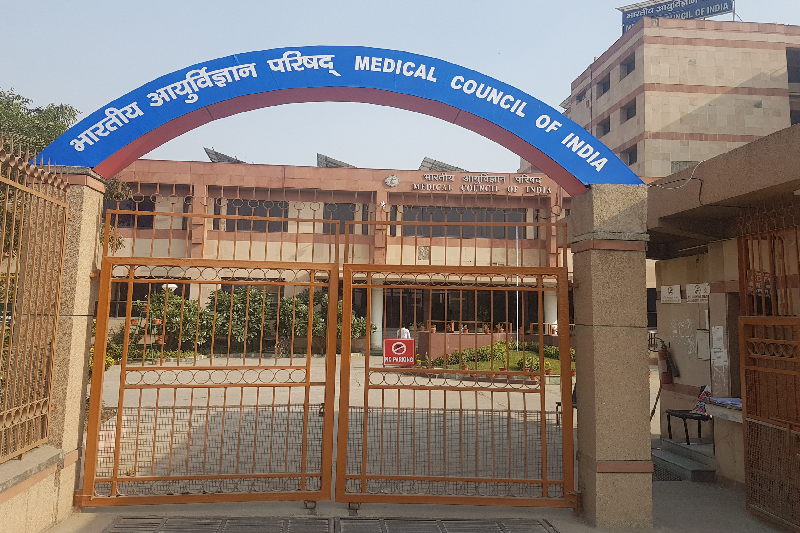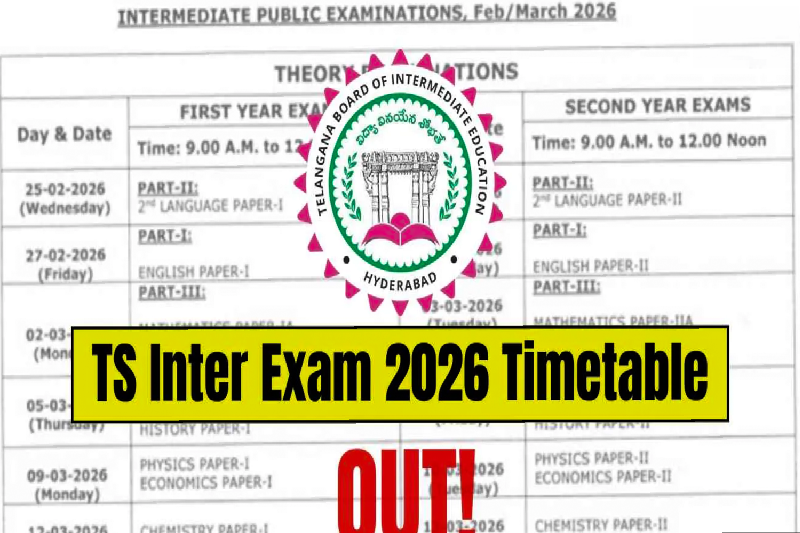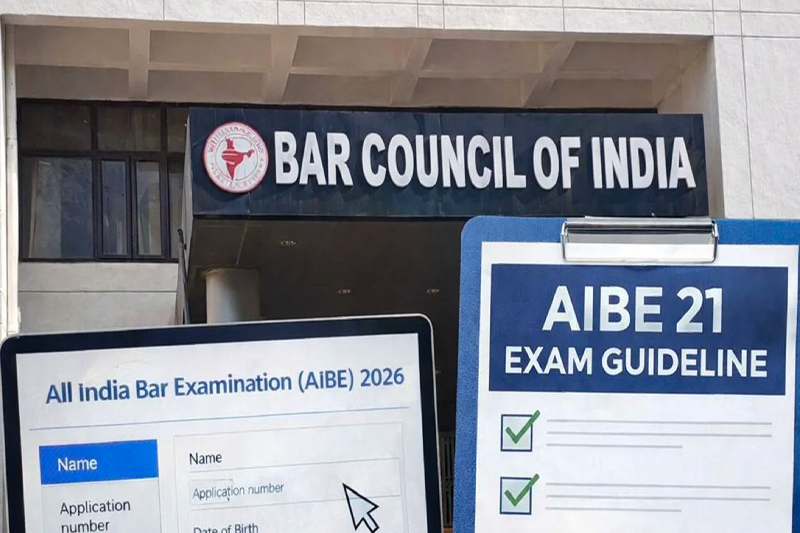
NMC Releases Draft Framework for Accreditation and Ranking of Medical Colleges in India
In a landmark move to enhance accountability and quality in medical education, the National Medical Commission (NMC) has announced the launch of an accreditation and ranking system for medical colleges across India. This initiative will be conducted through an independent third-party agency, and a draft framework detailing the evaluation criteria has been released for public feedback.
Developed by the NMC's Medical Assessment and Rating Board (MARB), the framework includes 11 broad criteria and 78 detailed parameters. It represents a refined and more focused version of an earlier draft circulated in 2023.
A Revised and Streamlined Framework
The current draft evolves from the NMC's earlier work in collaboration with the Quality Council of India (QCI). In 2023, the NMC signed a Memorandum of Understanding (MoU) with QCI to assist in developing a standardized framework for assessing and ranking medical colleges. That version had 92 parameters, but after extensive review and deliberation, the list was reduced to 78.
Some key elements that were excluded in the updated version include:
- Stipends to interns and residents
- Ratio of full-time or regular professors within total faculty strength
- Publication requirements in high quartile category journals
These omissions suggest a shift toward a more balanced and adaptable evaluation model, focused on tangible outcomes and broader metrics rather than narrowly defined numerical ratios.
Key Evaluation Criteria
Although the draft no longer includes specific parameters, it strongly focuses on research, academic performance, infrastructure, governance, and student outcomes. Among the most critical elements under the research output and impact criterion are:
- Number of research papers published in indexed journals
- Number of citations of published research
- Impact factor of journals
- Number and type of funded research projects (ongoing and completed)
- Patents filed or granted by the college or its faculty
By consolidating these into broader categories, the framework aims to assess the quantity, quality, and impact of research activity.
Public Consultation and Transparency
Dr. BN Gangadhar, Chairman of the NMC, emphasized the importance of stakeholder participation in refining the draft. “This is the first time medical colleges will be assessed based on the set parameters and rated. The aim is to bring in accountability and adherence to high standards,” he said.
He also clarified that the document currently available is only a draft, and the NMC is open to suggestions from colleges, educators, researchers, and students. This approach reinforces the commission’s commitment to transparency and collaboration in shaping the future of medical education in India.
Role of the Medical Assessment and Rating Board (MARB)
The MARB, which is spearheading the development of the framework, already plays a central role in medical education oversight. Its responsibilities include:
- Granting permissions for new medical colleges
- Approving increases in MBBS, postgraduate, and super-speciality seats
- Renewing permissions for existing institutions
With this new accreditation and ranking system, MARB's mandate is expanding to include quality benchmarking, allowing for a nationally consistent and transparent evaluation of medical institutions.
Objectives Behind the Accreditation and Ranking Initiative
The NMC's new framework is designed to:
- Establish a standardized quality assurance system for all medical colleges
- Enable comparative rankings that students and stakeholders can use to make informed decisions
- Promote continuous improvement in infrastructure, faculty development, research, and student outcomes
- Serve as a regulatory and guidance tool for both public and private institutions to meet national standards
Dr. Gangadhar reiterated that the primary objective is not just regulation but improvement. Colleges will be encouraged to use their rankings to identify gaps and evolve accordingly.
What’s Next?
The public consultation phase is now open, during which time feedback on the draft framework will be collected. After revisions, the final framework will be officially adopted and implemented, marking the first-ever national accreditation and ranking system for medical colleges in India.
Once in effect, medical colleges will undergo evaluation through a neutral third-party agency, ensuring impartiality in the assessment process. The rankings are expected to be updated regularly, creating an ongoing performance review and enhancement cycle.
Conclusion
The introduction of an accreditation and ranking framework by the NMC marks a significant step toward institutional transparency, academic excellence, and student empowerment in India’s medical education landscape. As the system evolves, it holds the potential to raise standards across the board and provide students with reliable data for choosing the right institution.
Stakeholders are encouraged to review the draft and submit suggestions to help shape a robust and equitable accreditation model that reflects the needs and aspirations of a modern medical education system.
Stay tuned for updates on the final framework and implementation schedule.



